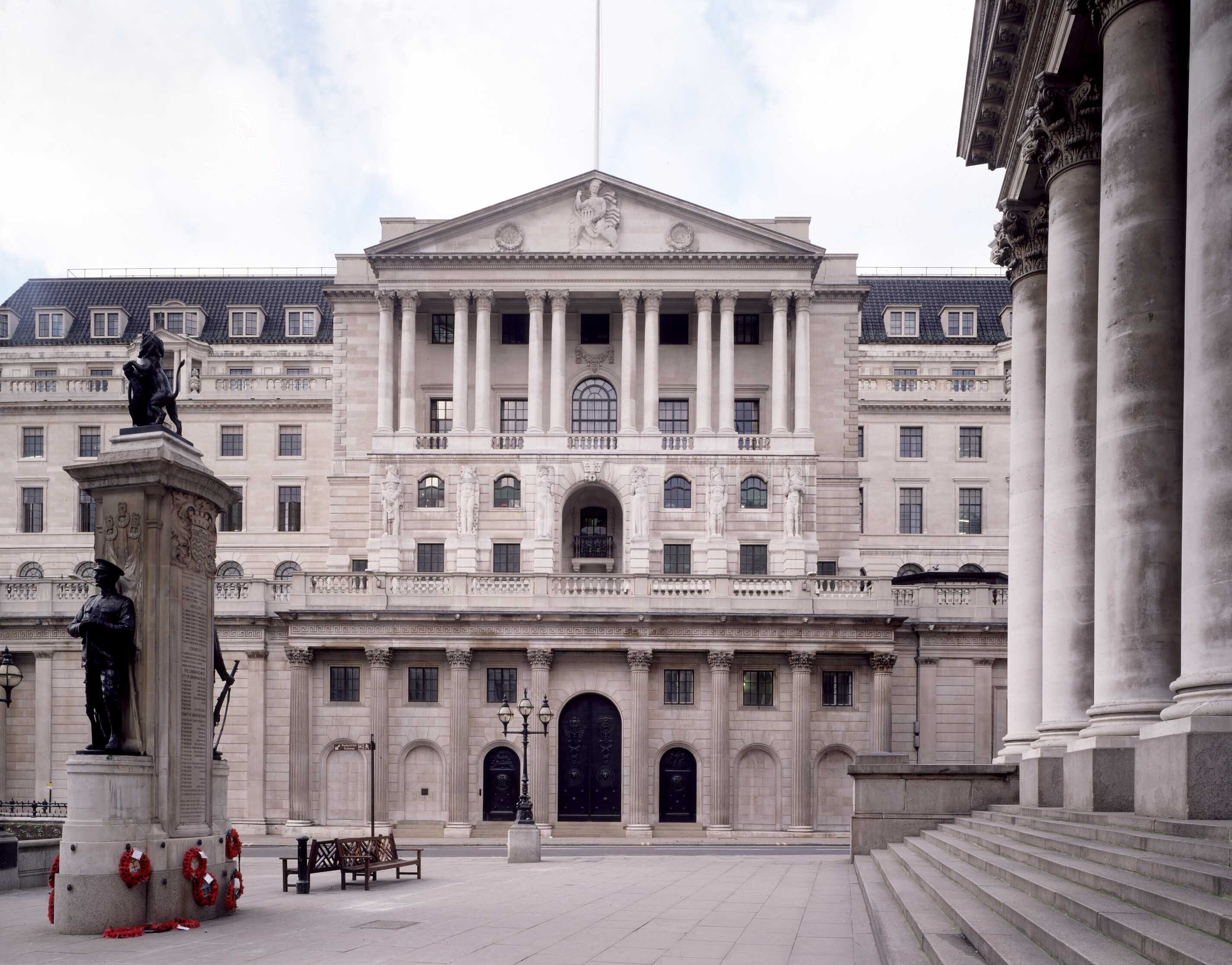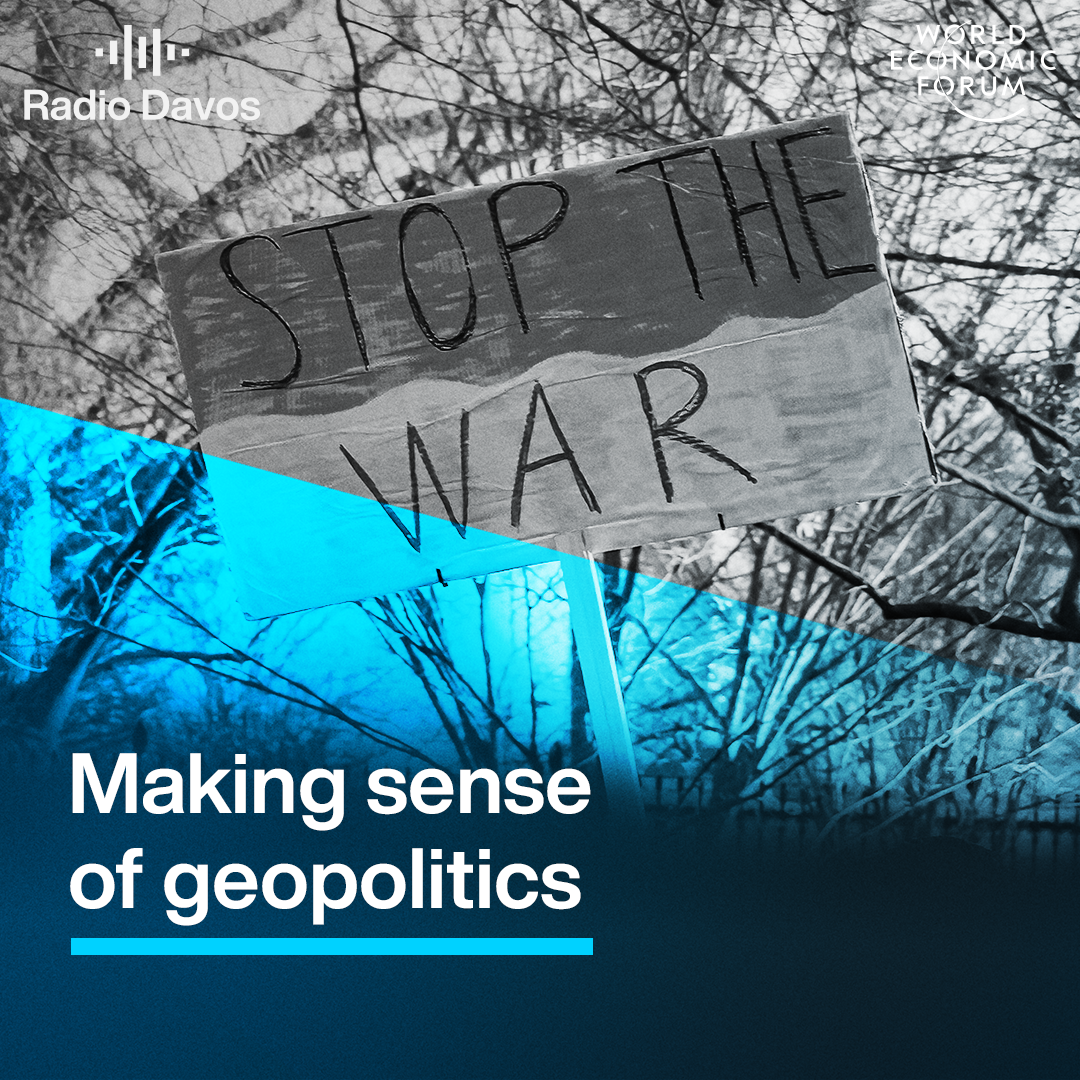Geopolitics and trade policy are becoming intertwined. Here's how it's impacting the global economy

A panel convened by the World Economic Forum discussed the evolution of trade policies amid geopolitically tensions. Image: Unsplash/John Simmons
- Geopolitics is becoming a consideration in trade policies as countries look to protect their interests and balance risk.
- In a Forum-convened panel, experts discussed the impact of geopolitics on trade and the global economy.
- “We are seeing the first signs of trade fragmentation in two broad geopolitical blocs,” said Johanna Hill, Deputy Director General of the World Trade Organization.
In a more fractious and divided world, countries are increasingly making trade decisions based on global politics rather than just economic benefits.
Strategic considerations about who to trade with and why, for example, are rising to the fore, with trade policies being shaped to protect countries’ interests, reduce risks and bolster independence in today's complex global environment. Moreover, there has also been a growing tendency to use trade policies to achieve non-trade objectives such as tackling climate change, human rights and sustainability.
At a recent panel session convened by the World Economic Forum, experts discussed the evolution of trade policies in an increasingly geopolitically fraught economy, and the vital role trade can play in addressing global challenges.
The panel, titled Strengthening Trade Amid Geopolitical Headwinds, featured Johanna Hill, Deputy Director General of the World Trade Organization, Dr Tobias Meyer, CEO of DHL Group, and Arancha Gonzalez Laya, Dean of the Paris School of International Affairs at Sciences Po. The event was moderated by World Economic Forum Managing Director Mirek Dušek.
Here are some of the highlights from the panel discussion.
The broad impact of trade
“There are many areas where I take trade as a part of the solution,” said Hill. “That doesn't take away that we are in a moment of great difficulty. We are seeing the first signs of trade fragmentation in two broad geopolitical blocs.”
From helping to tackle food insecurity to helping with the pandemic response, to promoting climate action, there are many areas where trade can have an influence, Hill said. This makes tackling increasing fragmentation and barriers to trade a top priority.

Dr Meyer echoed the view that the impact of trade seeps into many areas.
“Trade has been very beneficial for mankind in many ways: driving efficiencies of production and thereby making goods more affordable, enabling wealth in both importing countries through access to those goods, but also enabling export-led growth,” he said.
We also can’t overlook the fact that many sectors such as modern agriculture and pharmaceuticals rely on globalization and the efficiencies that high-tech, centralized production sites bring, Meyer argued.
‘Sticky interconnectedness’
There are increasing examples of companies looking to broaden and shake up their supply chains and customer bases in response to geopolitical tensions. However, seeking resilience in the face of potential trade barriers and sanctions can be very tricky and costly in practice.
And while increased tensions and tariffs between China and the US have resulted in a reduction in trade between the two regions, the reality is “the sheer size of the Chinese manufacturing output, the manufacturing capacity that has been built there, and the enormous efficiency of some supply chains is extremely hard to substitute,” said Meyer.
This “sticky interconnectedness”, as noted by Gonzalez Laya, presents risks beyond trade.
The energy transition, for example, is being held back by the ‘weaponization’ of geopolitics. But it is also difficult to counteract market concentration which has built up over time, where a lot of the raw materials and processing capabilities are held by a small band of countries, she said.
“Undoing trade relations, undoing globalization, undoing interconnectedness has a huge cost. But abusing interconnectedness also has a huge collective cost and this is where we need to find a better balance between sustainability, competitiveness, and security,” Gonzalez Laya said.

Future trade strategy
In light of the geopolitical backdrop, there are four main priorities governing the shape of European trade policies over the next five years, according to Gonzalez Laya.
The first is that the EU growth and competitiveness model is dependent on the EU maintaining open markets, interconnection with the rest of the world and an active trade agenda.
Secondly, greater emphasis will be placed on the security of the trade relationship, including measures to avoid excessive dependency. This isn’t about decoupling – more about managing the risks of weaponization of trade,
Third is connecting trade and climate change. There will be a preference for doing this multilaterally, but the EU will be prepared to take a unilateral approach if not enough progress is being made.
And the final element will be a very clear drive to build alliances with the rest of the world.
Don't miss any update on this topic
Create a free account and access your personalized content collection with our latest publications and analyses.
License and Republishing
World Economic Forum articles may be republished in accordance with the Creative Commons Attribution-NonCommercial-NoDerivatives 4.0 International Public License, and in accordance with our Terms of Use.
The views expressed in this article are those of the author alone and not the World Economic Forum.
Stay up to date:
Geopolitics
Related topics:
Forum Stories newsletter
Bringing you weekly curated insights and analysis on the global issues that matter.
More on Geo-Economics and PoliticsSee all
Belen Garijo
December 9, 2025






